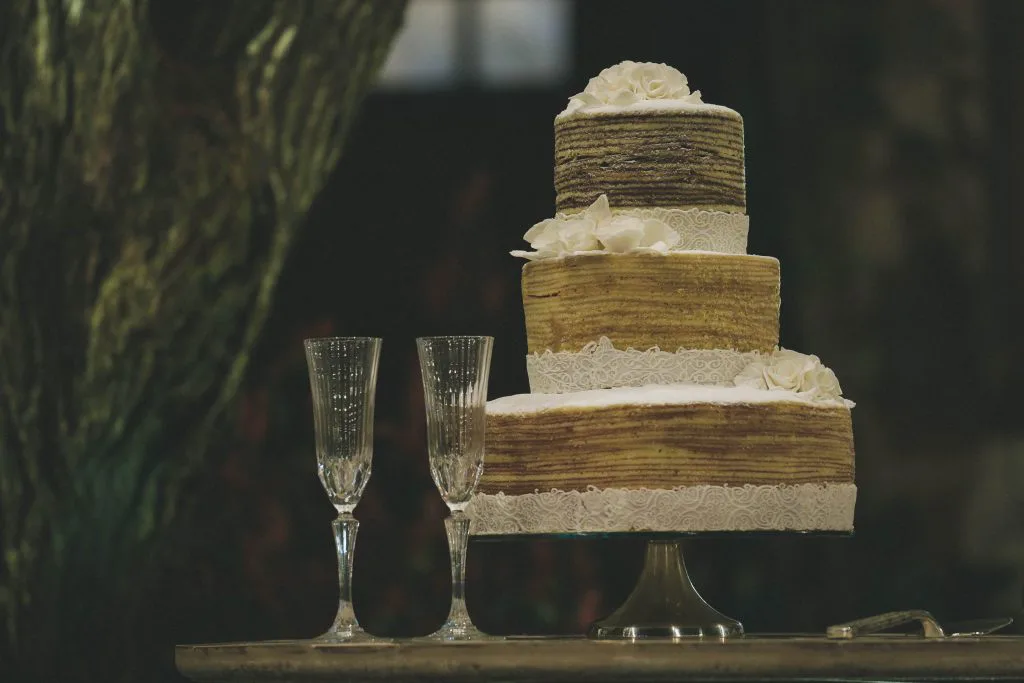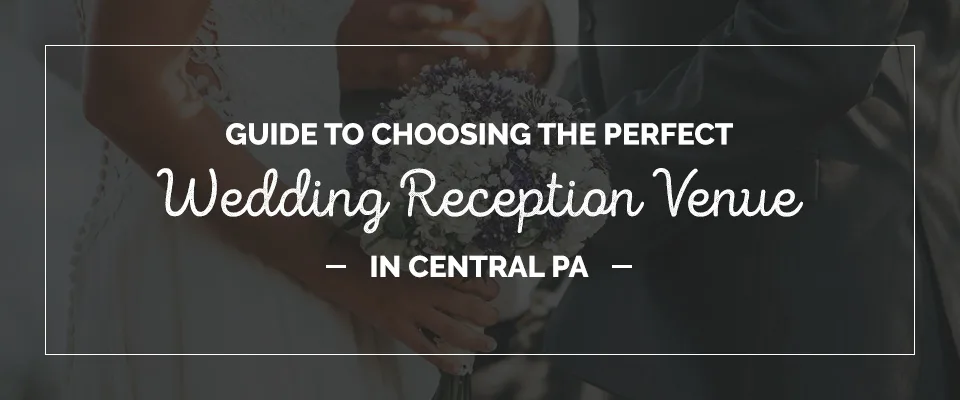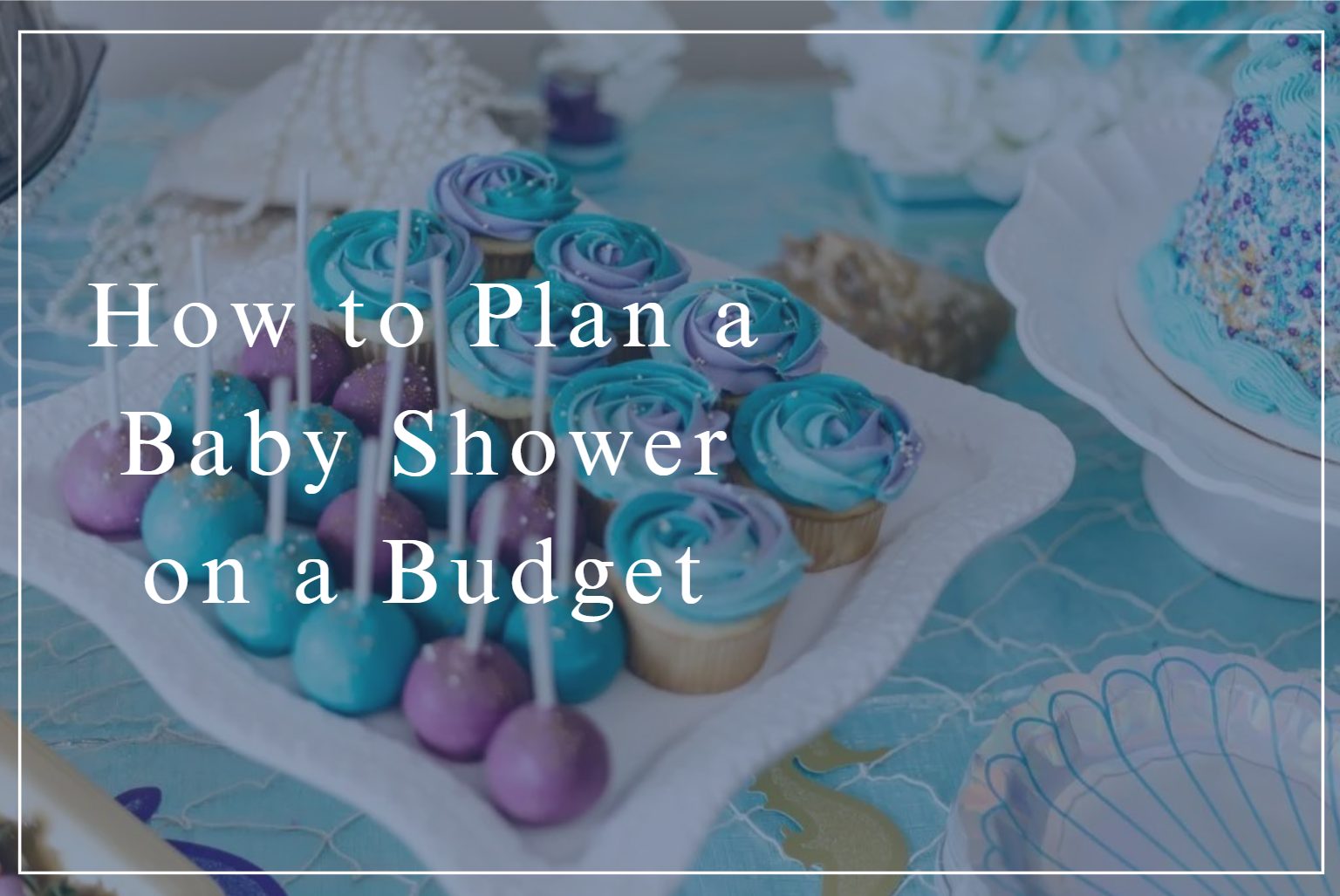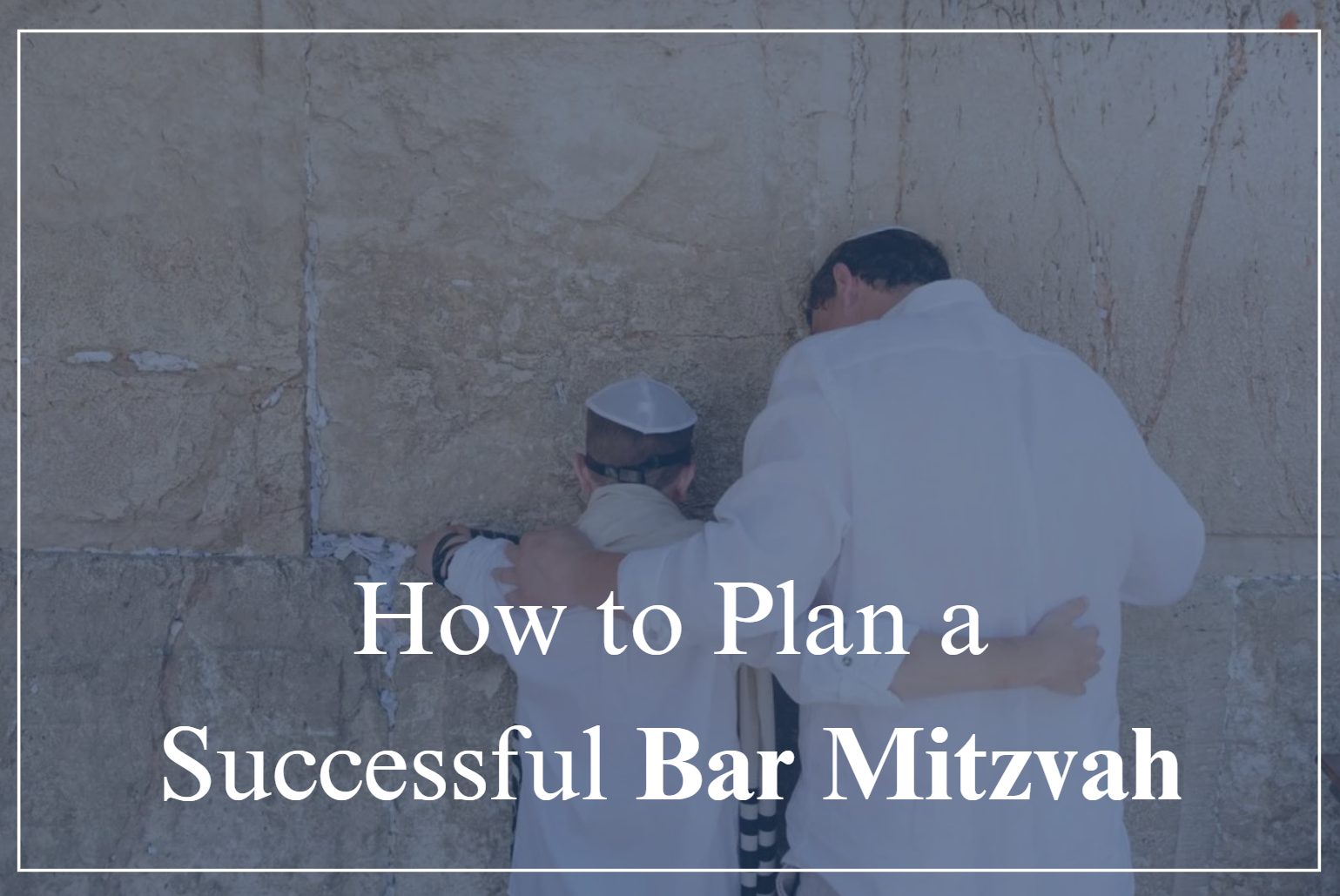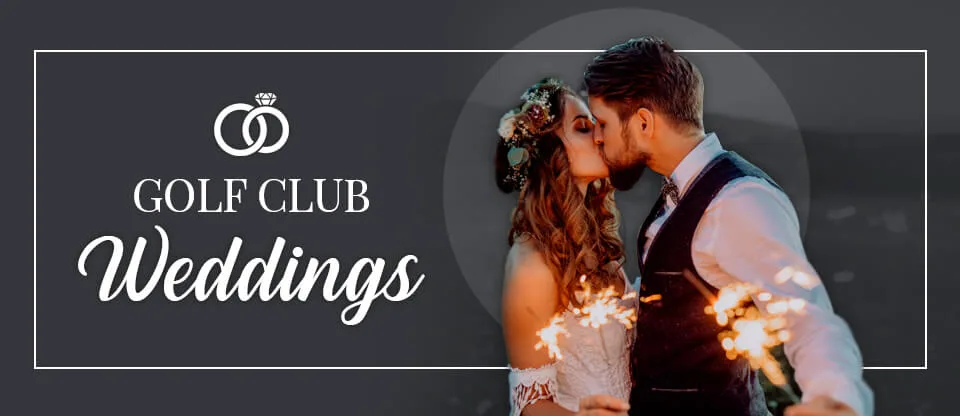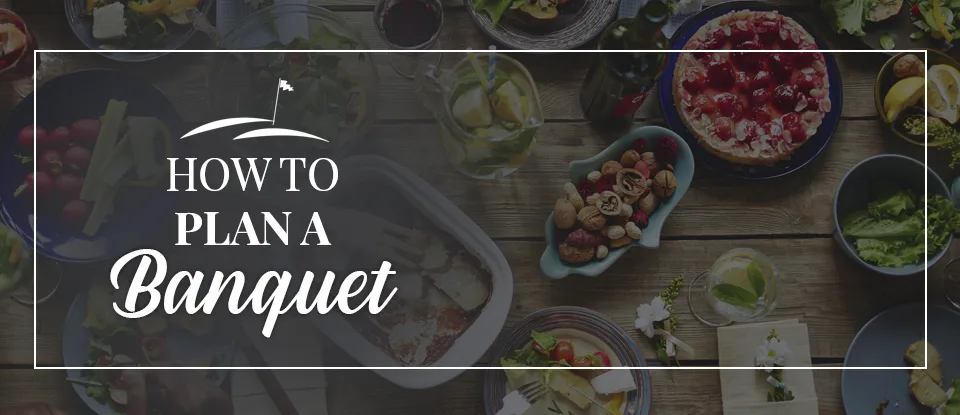
- Golf
- November 10, 2019
How Do You Play Golf? The Terms You Need to Know and Other Basics
Like any sport, golf has rules, points of etiquette and special equipment. Not to mention unique golf terminology — like bogey, birdie and eagle. If you’re a beginner and new to one of the greatest games out there, understanding the meaning of golf words and rules is one way to navigate your way into a long-lasting love of the sport. Both the word golf and the rules of the game as we know them today come from Scotland, and today, people all around the world enjoy playing golf. Golf’s rules and jargon have been around for hundreds of years, but you only need to know a few basics to start playing the game. WHAT EQUIPMENT DO I NEED TO PLAY GOLF? There are many different brands and types of clubs, as well as specialized extras like GPS devices, shoes and gloves. As a beginner, you need only the basics, and you can find what you need affordably. You can always add on and upgrade your equipment as you get into the game. Here are the five main types of clubs and what they are used for: Woods: These golf clubs have the largest heads and are so named because they used to be made from wood. Made from other materials today, these clubs are typically hollow and are used for teeing off and taking longer shots. Irons: Used for medium-to-longer shots, or for tee-offs on shorter holes, irons can have solid or hollow heads and are smaller than woods. Irons come in numbered sets, usually from a 3-iron to a 9-iron, and the number indicates the degree of “loft” or the angle of the head. Hybrids: The hybrid club is sometimes used to replace irons. Some golfers find hybrids easier to use than irons. Hybrids are numbered in the same way as irons. Wedges: These clubs are specialty irons. They have the same type of heads as irons but are angled to give more loft. Specific types include gap wedges, pitching wedges, lob wedges and sand wedges. Putters: Used for putting, or those last short strokes on the green to get into the hole, these golf clubs come in a huge variety of shapes, sizes and specialties. Finding the right putters comes down to your own personal fit and preferences. The more seriously you get into golf, the more you can find what works best for you. One rule of note when it comes to clubs is that as a player, you can only carry up to 14 clubs in your bag. Golf clubs are often sold in prearranged sets that remove the guesswork for a beginner, and a golf pro shop can help you get a beginner’s set. Beyond golf clubs, there are a few other essential items you’ll need: Golf balls: As one of the most basic items needed for the game, golf balls come in an array of qualities and price points. When you’re just starting out, an affordable set of balls will suit you just fine, especially considering some balls might get lost in the pond or in the woods. Golf bag: If you purchase a set of golf clubs, they often come with a bag, but if you find clubs one by one, you’ll need to find a bag too. It’s essential to have something to carry and organize all your golf clubs and other equipment. Most have lots of specialized pockets to hold all the extra things you want to carry around the course. Tees: These little wooden stands hold your golf ball slightly off the ground while you tee off. They come in a variety of heights. You can experiment and find the height that is most comfortable for you, but it’s a good idea for a beginner to err on the side of the longer tees. You can always push them farther into the ground for a shorter tee height. Gloves: Specialized golf gloves can help with your grip on the clubs as well as prevent blisters. While they are definitely nice to have, they are not essential if you’re just starting out. Shoes: Golf shoes have soft spikes on the bottoms that help the golfer maintain grip and traction while hitting. Golf shoes also provide comfort for walking around the course. Shoes can come in a wide variety of styles and prices. Special clothing: It’s important to check with a golf course to see if there is a dress code. While it’s becoming less common, some courses do still have dress code requirements. In general, polo shirts and khaki pants are perfect attire for golfing as they allow for range of motion for those big swings and comfort for walking around the course. READ: Top Reasons Children Should Play Golf To effectively understand how to start playing golf, you’ll need only a few of these basics for your first few games. Most of these items can be found affordably new or used. Once you have a few clubs, balls and other basics, you’re ready to play. GOLF BEGINNERS ESSENTIALS: FREQUENTLY ASKED QUESTIONS How is golf played? Players compete using various clubs to hit balls into holes in a specific order along a course. How many holes are there on a course? Each golf course is a little different, adding to the fun and challenge of the game, but a standard game has 18 holes. Although some smaller courses and shorter games use only nine holes, or a nine-hole course can be played through twice for a full 18-hole game. What do you call a point in golf? Each time a player hits the ball, the hit is called a stroke and is worth one point. The goal is to hit the ball as few times as possible to earn the lowest score. What are the different golf terms? Golf terms for beginners include the types of clubs and gear mentioned above, as well as basic and advanced scoring-related terminology. What are the rules of golf? The rules of golf vary depending on the type of game — either match or stroke — you’re playing. The United States Golf Association (USGA) has a player’s edition dedicated to the rules and interpretations of the rules. HOW DO YOU KEEP SCORE IN GOLF? The scoring system in golf is pretty straightforward. The two types of golf matches are stroke play and match play. In stroke play: The rules of golf say that each time you hit your golf ball, you are scored one point. In golf, a point is called a stroke. If it takes five strokes to get the ball into the cup for one hole, you score a five for that hole. Unlike in many other sports, you want the lowest number of points to win the game. Usually, you’ll keep score on a little notecard with a pencil, recording the score for each hole as you go. If you are playing with an opponent, you’ll track each other’s scores and verify them at the end of the game. In match play: The game is played at each hole, and players will concede a hole to each other if they take more strokes than another player at the hole. Scoring is based on the number of holes you win, and winning a hole depends on if you took the lowest number of strokes at that hole. Stroke play is the more common form found in the U.S., but some international tours use match play. Within each type of game, there are nuances and more detailed rules — especially for specific questions players might have regarding pace of play, penalties and balls in motion. The USGA keeps detailed record of these rules, as well as updates to the rules and noted modifications. Below are some golf terms to know related to scoring: What is a par? An acronym for “professional average result,” par is the estimated score for a given hole if played by a professional. Most holes are par 3, 4 or 5. If you score a 4 on a par 4 hole, you made par. Golf courses have a total par for the whole 18-hole course as well, giving you an idea of a good total score for a complete game on that course — and how difficult the course is. Most beginners will score well above par. What is a bogey? In golf, a bogey means the player scored one point over the par on any hole. So if a player scores a 5 on a par 4 hole, it’s a bogey. Getting a bogey means the player has performed worse than average on the whole. What is a double bogey? If a player scores two strokes over par on a hole, it’s said to be a double bogey. A score of 6 on a par 4 hole is a double bogey. What is a birdie? This term is used when a player scores one stroke under par on any given hole. For example, if you score a 3 on a par 4 hole, you’ve scored a birdie. Getting a birdie means the player has scored better than average on the hole. What is an eagle? An eagle is a score that is two points under par. On a par 4 hole, a score of 2 would be an eagle. What is a double eagle? A double eagle is a score of three points under par, and is also called an albatross. These terms are most commonly used for a score of 2 on a par 5 hole, but a hole-in-one on a par 4 is also a double eagle or albatross. What is an ace? An ace is also known as a hole-in-one. It means the player hit the cup, or hole, with only one stroke. This is the best possible score on any golf hole and is much sought-after. READ: Choosing the Right Golf Clubs for You HOW TO PLAY GOLF When you’re ready to learn how to start playing golf, your first game will begin at hole number one at your assigned tee time. Each hole will have a tee box or tee markers — usually over-sized, brightly colored markers that indicate the starting point for each hole. There may be different sets of markers for different skill levels, so feel free to use the easiest and closest ones when starting out. You’ll place your tee behind the markers and set up your ball for your first shot. You’ll start by using a golf club called a driver that is designed for hitting the ball long distances over the fairway. The fairway is the grass in front of the tee-off area. The fairway leads to a smaller, more manicured area of grass called the green, where the hole is located. The grass around the green is called the fringe. Aim for the hole and give it your best shot. Keep your eye on the ball to see where it lands. All the members of your group will take their turns until everyone gets their ball on the green. At this point, you’ll switch to putters, and the player farthest from the hole will go first at putting. This step is called the order of play. Play continues until all players make their putts into the hole. Then the whole group moves on to the next hole. You’ll keep going until you’ve played all 18 holes. WHAT IS TEE TIME IN GOLF? Although it sounds like a time to have tea and sandwiches, a tee time in golf is simply a reservation for a time to begin a round of golf. Think of it as a reservation at a restaurant. Do you need a tee time to play golf? While some golf courses allow players to show up and play, at many courses, reserving a tee time in advance is required and is considered good golf etiquette. First consult with your group about what time you’d like to play, and then contact the golf course. A quick call or an online reservation is all it takes. The golf course will then let you know your exact time for tee-off. The tee time you are assigned may be slightly different — or very different — from the time you wanted. This is because a golf course must try to space out its players for a good flow around the course. Tee times are typically spaced either seven or 15 minutes apart, so don’t be surprised if you’re assigned an odd time like 11:07 to start. Whatever tee time you do reserve, make sure to arrive to the course early. It’s called a tee time for a reason — this is the time someone in your group should be at the tee for hole number one. If you are just arriving to the course at your tee time, you may be too late. What happens if you miss your tee time? Depending on the individual course’s popularity and policies, you may not be able to play that day. Often, a course can still squeeze you in, but you may have to wait until later in the day. START WITH GOLF LESSONS One of the best ways to learn how to start playing golf is to take lessons. Most golf courses offer lessons, where you can learn the rules of the game with others at your skill level. Golf lessons also give you experience in the proper etiquette of the game, teach you the meaning of common golf words, help you learn about the different types of equipment and give you a chance to find the gear that’s right for you. Instructors help you improve your technique and may become a mentor you can keep in touch with for questions about the game in the future. When you’re ready to get started with golf lessons, check out the options at Colonial Country Club. Lessons are available for a single half-hour lesson or in a package of three lessons with our PGA professionals. You’ll get expert instruction and guidance on our beautiful Harrisburg, Pa., golf course — contact us today to get started!



